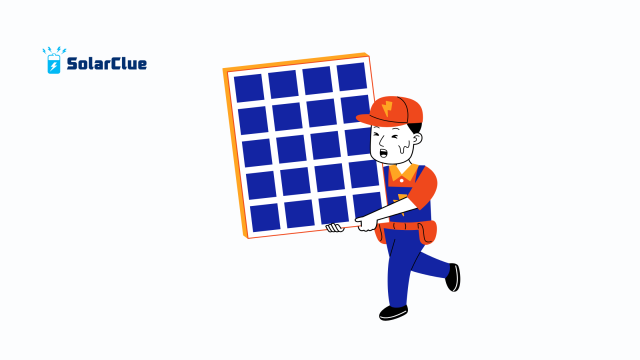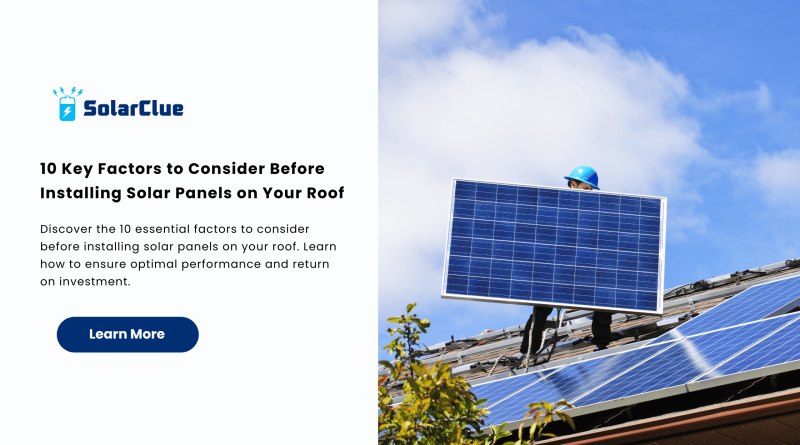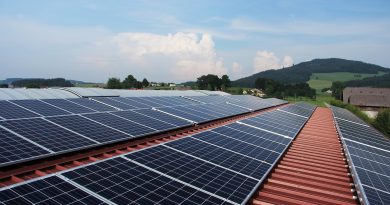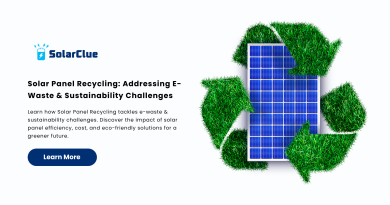10 Key Factors to Consider Before Installing Solar Panels on Your Roof
When planning to switch to solar, one of the most important steps is installing solar panels on your roof. But before you dive into this green energy investment, it’s critical to consider a range of factors that can influence your system’s efficiency, cost, and longevity. In this blog post, we’ll walk you through the most crucial considerations to ensure you get the most out of your solar energy setup.
Table of Contents
- 1 1. Roof Condition and Structure
- 2 2. Roof Orientation and Tilt
- 3 3. Shading Issues
- 4 4. Local Climate and Weather Conditions
- 5 5. Type of Solar Panels
- 6 6. System Size and Energy Needs
- 7 7. Government Subsidies and Incentives
- 8 8. Installer Experience and Certification
- 9 9. Maintenance and Warranty
- 10 10. Cost and Financing Options
- 11 Importance of Choosing the Right Solar Vendor
- 12 Monitoring and Performance Tracking
- 13 Roof Space Optimization
- 14 Inverter Selection
- 15 Battery Storage Options
- 16 Permissions and Regulations
- 17 Aesthetic Considerations
- 18 Environmental Impact and Sustainability
- 19 Return on Investment (ROI)
- 20 Real-Life Examples and Testimonials
- 21 Final Thoughts
- 22 Frequently Asked Questions (FAQs)
1. Roof Condition and Structure
Before installation, assess your roof’s age, material, and structural integrity. A weak or aging roof might not support the weight of solar panels efficiently. It’s often advisable to repair or replace the roof prior to installation.
2. Roof Orientation and Tilt
The orientation of your roof affects how much sunlight your solar system can absorb. In India, south-facing roofs typically receive the most sunlight. The tilt angle should also match your geographical latitude for maximum efficiency.
3. Shading Issues
Trees, chimneys, or nearby buildings can cast shadows that reduce your system’s performance. It’s important to conduct a shading analysis before finalizing the installation.
4. Local Climate and Weather Conditions
Sunlight availability varies by region. In areas with high rainfall or heavy cloud cover, solar panel efficiency may decrease. Choosing high-quality panels with good low-light performance can mitigate this issue.
5. Type of Solar Panels
There are various types of panels such as monocrystalline, polycrystalline, and thin-film. Each has its pros and cons in terms of efficiency, appearance, and cost. Your choice should depend on your roof size, energy needs, and budget.
6. System Size and Energy Needs
Calculate your household’s energy consumption to determine the right solar system size. Oversizing or undersizing can lead to inefficiencies or unexpected costs.
7. Government Subsidies and Incentives
Check for central and state government schemes that offer subsidies, tax rebates, or low-interest loans for solar panel installation. These incentives can significantly reduce upfront costs.
8. Installer Experience and Certification
Choose a reliable and experienced solar installer who holds certifications from authorities like MNRE. A certified professional ensures safe installation and compliance with regulations.
9. Maintenance and Warranty
Ask about maintenance needs and warranty terms. Most solar panels come with a 25-year performance warranty, but it’s also important to check warranties on inverters and batteries.
10. Cost and Financing Options
Beyond the installation cost, consider financing methods such as solar loans, leasing, or power purchase agreements (PPAs). Compare options to find what best fits your financial situation.
Importance of Choosing the Right Solar Vendor

Working with a trusted provider like SolarClue ensures you get the best guidance, products, and support. Visit solarclue.com to explore quality solutions tailored to your needs.
Monitoring and Performance Tracking
Modern solar systems offer performance monitoring through apps or web portals. This allows homeowners to track production, consumption, and system health in real-time.
Roof Space Optimization
A good installer will maximize roof space utilization, taking into account aesthetics and future expansion. This is essential if you plan to scale up your system later.
Inverter Selection
The inverter is the heart of your solar system. Choosing between string inverters, microinverters, or hybrid inverters can affect performance and scalability.
Battery Storage Options
Adding a battery storage system helps store excess power generated during the day for use at night or during power outages. It’s an ideal option for those looking for energy independence.
Permissions and Regulations
Some local municipalities may require approvals for rooftop solar installation. A good installer will handle the paperwork, but it’s wise to be informed about local guidelines.
Aesthetic Considerations
Many homeowners worry about how solar panels will look on their roof. With modern designs, you can balance functionality with aesthetics by choosing all-black or integrated solar options.
Environmental Impact and Sustainability
By installing solar panels, you’re contributing to a cleaner environment and reducing dependence on fossil fuels. This adds immense value both economically and ethically.
Return on Investment (ROI)
A well-planned system can pay for itself in 5–7 years, depending on location and usage. After that, you enjoy nearly free electricity for the remaining life of the system.
Real-Life Examples and Testimonials
Reading customer reviews and testimonials can provide insights into system performance, installer reliability, and long-term satisfaction. Visit blog.solarclue.com to read real stories from solar adopters across India.
Final Thoughts
Making the move to solar is a smart decision—but it’s one that requires careful thought. From evaluating your roof to understanding financial incentives, every factor plays a role in maximizing your investment. By keeping these factors to consider before installing solar panels in mind, you’re better equipped to enjoy the benefits of sustainable energy.
To make the switch easy and reliable, don’t hesitate to connect with the experts at solarclue.com or explore insights at blog.solarclue.com.
Frequently Asked Questions (FAQs)
1. How long do solar panels last?
Most panels come with a 25–30 year performance warranty and can last even longer with proper maintenance.
2. Can I install solar panels myself?
DIY installation is not recommended due to safety and legal considerations. It’s best to hire certified professionals.
3. Will solar panels work during cloudy days?
Yes, though output is reduced. Panels still generate electricity under diffused sunlight.
4. What maintenance do solar panels need?
Mainly periodic cleaning and occasional inspection. Most systems are low-maintenance.
5. Do I need a battery for my solar system?
Not necessarily. Battery storage is optional but useful for backup and off-grid functionality.
Still curious? Head over to solarclue.com and blog.solarclue.com and begin your solar journey today in the most enlightened way possible!




